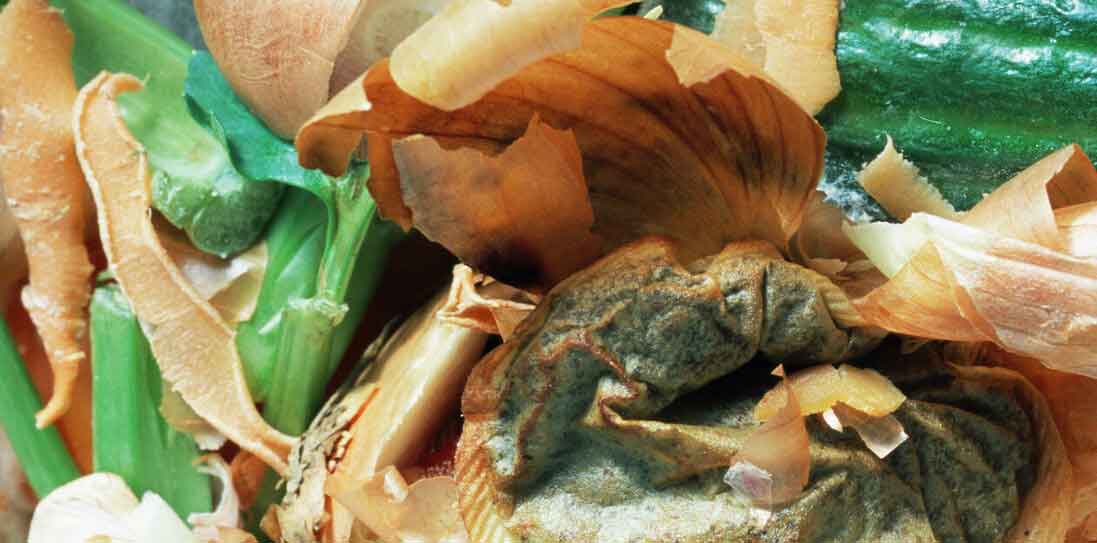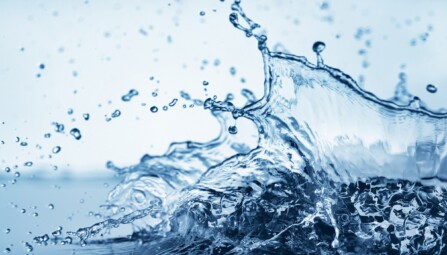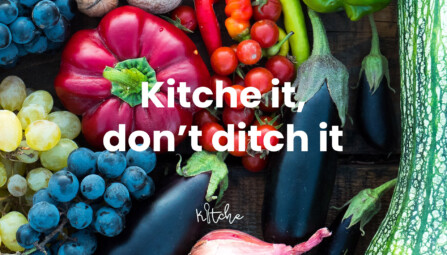Introduction
Food waste has the potential to generate methane gas when it decomposes, which is many times more harmful to the environment than carbon dioxide.
Why

When we waste food, we also waste all the energy, resources, and associated carbon emissions that went into producing, processing, transporting and cooking it. We also lose the opportunity to return its nutrients and carbon back to the soil.
Food waste is also a potentially valuable resource for energy, fuel or for fertiliser. Although Reading’s general waste is sent to an energy from waste plant rather than landfill, we still lose the opportunity to use food waste as a fertiliser.
How?
From October 2020, Reading Borough Council will start pilot food waste collection systems with the aim of extending these across the Borough. Households will receive a kitchen caddy and a food waste bin with a vermin-proof close-fitting lid and full instructions. The bin will be emptied weekly and the food waste will to an anaerobic digestion plant for where it will generate electricity with the residues being used as an agricultural fertiliser.
If you have a garden and can use the compost, then home composting is a better solution than food waste recycling.







